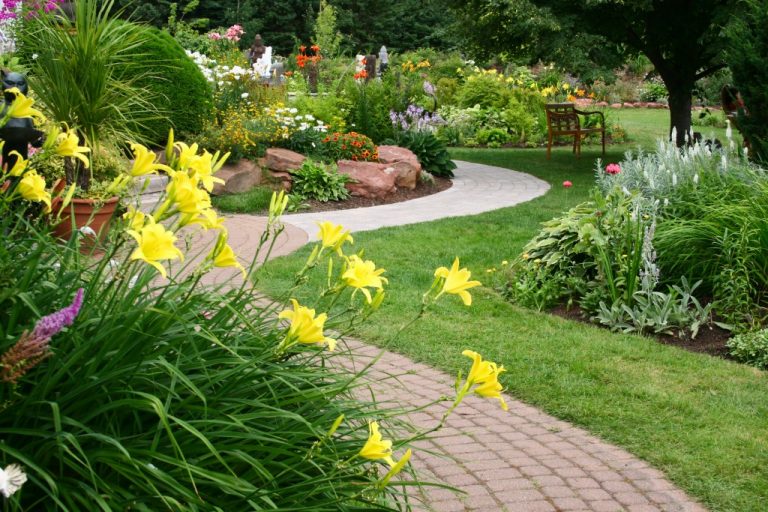Having a well-maintained garden outside your home is incredibly soothing. Growing plants are proven to have many personal and environmental benefits. If you’re planning to prepare your vacant lot or yard for gardening, you should know that not all soil types will be ideal for all plants.
In many places around the world, healthy soil for gardening is ready for sale. Some suppliers even provide topsoil delivery services to their beloved customers. Buying soil can be more time-saving, but if you wish to take matters into your own hands and irrigate your own soil, then you’re at the right place.
The following soil care tips will also be essential even if you bought your garden soil because you’d need to maintain it properly.
Assess Soil Condition
When your soil is healthy, more plants will thrive on it. There are certain elements essential for plant growth, the most important being nitrogen, phosphorous, and potassium. Some fertilizers contain these three elements, but they may not be enough. Another way to assess your soil is to measure its pH level. There are soil care provides who can measure it for you, but it would also be advantageous to be knowledgeable about pH levels.
Soils with pH levels below 6.0 are considered acidic, and anything beyond 7.0 is alkaline. If your soil’s pH measures somewhere between 6.5 and 6.8, then it is well-drained and slightly acidic, which is favorable because most plants would thrive on it.
Another way to test your soil’s condition is to feel its texture. If the soil feels gritty to the touch, then it is sandy soil. On the other hand, if it reminds you of talcum powder, then it is clay soil. There’s also heavy clay, which feels harsh when dry and slippery and sticky when wet.
All three soil textures are not ideal for planting. Combined with acidic or alkaline soil, you’d need to improve your soil before planting anything.
How to Improve Soil

Like plants, soils are also living beings. They also need food, water, air, and shelter, basic needs that are similar to humans’. Soil needs organic materials to be healthier. Fallen leaves, kitchen scraps, and even fruits can be added to the soil to improve its health. To provide the lacking essential elements, blend organic mulch, concentrated manure, mineral phosphorous and potassium fertilizers, and lime together with the organic material and keep them within the top 2 inches of the soil. Autumn is the best season to start this to have ample time before spring when plants bloom at its peak.
Organic materials, especially compost, balances the air supply of the soil. A perfect soil has 25% of air in it. Maintaining a perfect air supply would mean you should avoid stepping on the beds and placing heavy equipment on it. Avoid working on it if the soil is drenched.
As for water content, perfect soil would also need 25% of it. Organic materials also help the soil have the right water supply. With the soil’s organic diet, its structure would improve. The organic materials also make the soil hold water better, which is beneficial for plants.
Gardening is a huge responsibility. It requires thorough research and testing, as well as the maintenance that should be exercised properly. If you’re not a gardening expert, it’s best to consult people with experience and expertise to ensure that you’re doing the right things.

